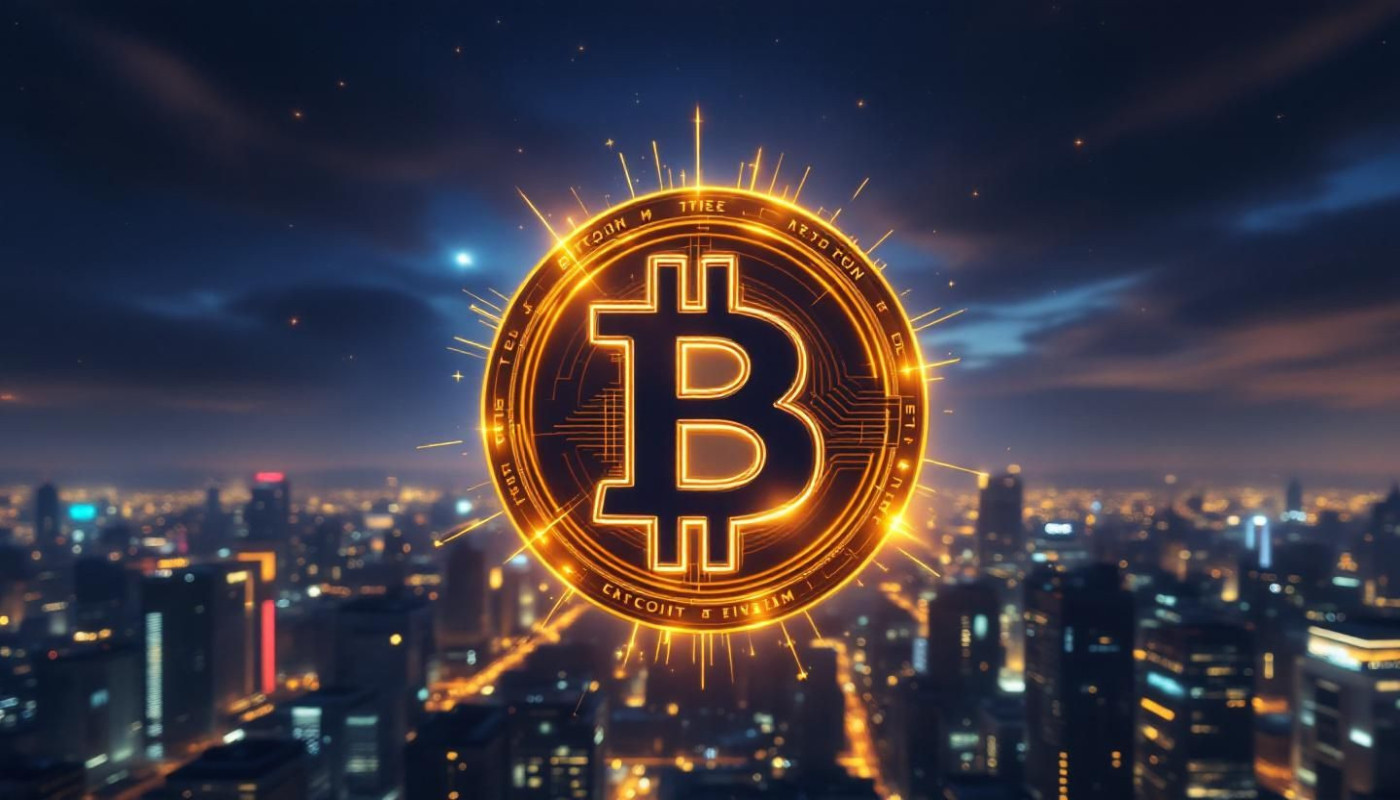Table of contents
Imagine a world where in-game assets truly belong to players and virtual economies operate seamlessly across platforms. Digital currencies are rapidly transforming traditional gaming, introducing new opportunities and challenges for developers and players alike. Explore how these innovations are reshaping the gaming landscape and why understanding this shift is vital for anyone passionate about interactive entertainment.
The evolution of in-game economies
Digital currencies in gaming have significantly redefined in-game economies, moving away from the traditional, developer-controlled systems that limited both player autonomy and asset liquidity. Earlier models relied on centralized currencies tightly managed by game publishers, restricting true ownership and often preventing players from trading valuable items outside the platform. The introduction of decentralized assets through tokenization has enabled a paradigm shift: players now gain genuine ownership over their virtual goods, represented as tokens on distributed ledgers. This shift supports secondary markets, allowing peer-to-peer trading and the potential for assets to retain value beyond the original game environment. Player ownership becomes more robust since these decentralized assets can be transferred, traded, or even used across multiple platforms, signaling a new era in gaming industry trends. The evolution, characterized by greater transparency and security, empowers users and invites innovation in virtual economies, fundamentally altering how value is created and exchanged within gaming worlds.
Enhancing player engagement
Integrating digital currencies into gaming ecosystems revolutionizes player engagement by allowing gamers to exchange virtual assets for real-world value. This development introduces innovative gaming rewards systems, where players can earn, trade, or invest in digital assets, fostering a heightened sense of ownership and achievement. The use of digital currency benefits both players and developers, as it incentivizes participation and encourages users to return, thanks to the tangible rewards and fluid player motivation. By leveraging gamification techniques, these platforms create engaging environments that continuously attract and retain users.
Digital currencies enable dynamic reward structures and in-game economies that adapt to player behaviors, making every action within the game potentially lucrative. This transformation is evident in platforms like cryptocubes, which allow players to collect, trade, and monetize unique virtual assets, seamlessly merging gaming rewards with digital marketplace opportunities. By providing direct economic incentives, these systems motivate players to invest more time and effort in gameplay, cultivating a loyal and active user community.
Besides fostering deeper engagement, the integration of digital currencies expands the definition of in-game value, linking virtual achievements with real-world gain. As players recognize the potential for real returns, their motivation to participate and excel increases, resulting in longer play sessions and a more committed player base. The adoption of gamification elements, supported by digital currency benefits, ensures that gaming remains both entertaining and rewarding, making platforms like cryptocubes leading examples in this rapidly evolving space.
Security and transparency improvements
Digital currencies introduce a new paradigm of gaming security and blockchain transparency by leveraging distributed ledger technology within traditional gaming ecosystems. The integration of blockchain permits each digital transaction to be securely recorded, tamper-resistant, and openly verifiable, which significantly curtails the risk of fraudulent activities. Fraud prevention becomes more effective as smart contracts and immutable transaction histories deter cheating, unauthorized asset duplication, and chargeback scams that have plagued earlier gaming models. This heightened gaming trust benefits players with peace of mind, knowing their in-game purchases, trades, and rewards are secured against manipulation and theft. Developers, in addition, gain a robust mechanism for enforcing digital rights management, ensuring a fair and sustainable virtual economy. Distributed ledgers further empower both parties by offering real-time auditing opportunities, thus fostering an environment where transparency is the standard and every stakeholder can verify the authenticity of assets and actions. The sum effect is a gaming ecosystem where both engagement and innovation flourish under a foundation of trust and technological reliability.
Challenges and regulatory considerations
Integrating digital currencies into traditional gaming environments presents a range of digital currency challenges, particularly around gaming regulations and legal compliance. One persistent issue is volatility, as fluctuating values of digital assets can affect both in-game economies and real-world transactions, posing risks for both operators and players. Consumer protection also becomes complex, since users may not fully understand the implications of holding or transacting with digital currencies within virtual worlds. Ensuring adherence to regional gaming regulations and addressing anti-money laundering requirements demands a robust compliance framework, which can be difficult for platforms that operate internationally. Furthermore, safeguarding players from fraud and ensuring transparency in transactions are fundamental concerns that require constant vigilance and adaptation.
To navigate these digital currency challenges, collaboration with specialized authorities in gaming law is indispensable. Developing a comprehensive compliance framework guided by the most respected authority in gaming law helps ensure legal compliance and fortify consumer protection. Innovative solutions, such as real-time monitoring systems and transparent terms of service, can address volatility and strengthen player trust. Ultimately, finding the right balance between technological innovation and regulatory demands is vital to ensure that digital currencies enhance, rather than compromise, the gaming experience.
The future of gaming and digital assets
The future of gaming is increasingly shaped by the rise of digital assets and the groundbreaking integration of digital currencies within interactive worlds. As gaming trends continue to shift, the concept of interoperability—where virtual items, currencies, and achievements are transferred seamlessly between platforms—emerges as a transformative force. These technological advancements are intended not only to enhance player autonomy but also to foster thriving, borderless virtual communities. Game developers are already experimenting with blockchain-backed assets, which guarantee authenticity, enable true player ownership, and drive new economic models within and across games. This evolution signals a move away from siloed, publisher-locked content toward experiences where digital assets retain value and utility beyond their original environment.
With gaming trends pointing towards greater personalization and engagement, the adoption of digital currencies is poised to redefine reward systems, in-game economies, and even governance. Players could leverage digital assets in innovative ways, from purchasing exclusive content to voting on game updates, directly influencing ongoing development. In addition, technological advancements in secure microtransactions, smart contracts, and decentralized platforms are reducing friction and fraud, allowing for smoother and safer exchanges. As interoperability becomes more prevalent, collaborative ventures between game studios and tech providers will reshape both the structure and economics of gaming ecosystems.
Virtual communities stand to benefit from these shifts, as digital assets create shared experiences and collaborative opportunities across genres and game worlds. Guilds, clans, and online groups may use gaming currencies to fund joint projects, organize tournaments, or develop user-generated content. These new forms of engagement encourage loyalty and stimulate creativity, giving rise to digital cultures and economies that reflect the collective aspirations of their participants. Moreover, the global reach of digital currencies can bridge geographical and monetary divides, constructing inclusive environments where players from diverse backgrounds interact on equal footing.
Looking ahead, the future of gaming promises to be more interconnected, player-driven, and dynamic. The sustained integration of digital assets and interoperable systems is likely to drive innovation in both game design and community building. As the boundaries between the digital and physical worlds blur, digital currencies will underpin the next wave of virtual economies, supporting everything from asset trading to decentralized governance. Stakeholders across the industry will need to adapt rapidly, as the landscape continues to evolve with each technological breakthrough, cementing the role of digital assets as foundational elements in gaming’s ongoing transformation.
On the same subject

Creative Approaches To Stand Out In Saturated Social Feeds

Remote work impact on urban real estate trends and predictions

Exploring The Economic Impact Of Amusement Parks On Local French Communities

A Detailed Analysis of Rangers' Financial Strategy for the Upcoming Season

Decoding the True Cost of DDoS Attacks on Businesses

Why does Bitcoin keep crashing?

